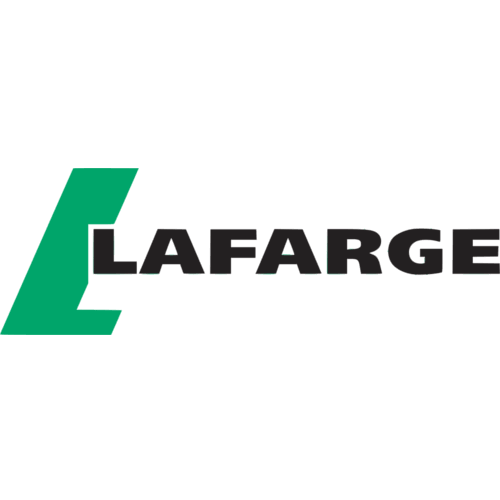The Nigerian Securities and Exchange Commission (SEC) has recently issued its first provisional operating license to Quidax, an Africa-based cryptocurrency exchange. This significant regulatory shift comes in the wake of the SEC’s June 2024 directive requiring cryptocurrency exchanges and digital asset traders to re-register their businesses within 30 days or face potential enforcement actions.
This initiative is part of the Accelerated Regulatory Incubation Programme (ARIP), a broader effort to update rules regarding digital asset issuance, offering platforms, exchanges, and custody for virtual asset service providers (VASPs). As part of the current regulatory framework, the SEC mandates a minimum upfront capital requirement of ₦500m (US$313,623 based on NAFEM closing exchange rate of ₦1,594.27/US$1 on 27 August 2024) and a fidelity insurance bond covering at least 25% of the stipulated minimum paid-up capital for both digital asset exchanges and offering platforms. However, under the proposed amendments to the Commission’s rules set for March 2024, this requirement will increase to ₦1bn (US$627,246).
The crypto exchange license issuance to Quidax indicates a shift towards regulation rather than outright prohibition of cryptocurrency transactions. There have been a number of prohibitive policies from the regulatory authorities over the years. In January 2017, the Central Bank of Nigeria (CBN) through a circular instructed banks and other financial institutions to: 1) avoid using, holding or transacting in any way in virtual currencies; 2) implement effective anti-money laundering controls and controls that counter the financing of terrorism (AML/CFT) for existing customers that are virtual currency exchanges; and 3) report any suspicious transactions by these customers.
In February 2021, the CBN imposed restrictions on banks regarding crypto-related transactions. In a significant shift later in December 2023, the newly appointed CBN Governor, Olayemi Cardoso, reversed this ban, signalling a more open stance towards cryptocurrencies in the country.
However, recent events have cast a shadow over this newfound openness. After a sharp devaluation of the Naira earlier this year, the Nigerian government accused Binance, a major cryptocurrency exchange, of facilitating currency speculation that contributed to the currency’s decline. This accusation triggered a crackdown on illegal trading activities within the crypto space. The Naira was delisted from peer-to-peer (P2P) trading platforms, and the CBN suspended the onboarding of new customers in four Fintech companies, citing their alleged involvement in money laundering and foreign exchange speculation linked to crypto.
This new regulatory development is expected to pave the way for better tax laws in Nigeria’s crypto market (crypto assets warehoused in Nigerian-linked wallets valued at US$400mn, with annual transaction volume of cryptocurrency trades within the country projected at US$57bn in June 2023).
It should also attract foreign investment and reinforce Nigeria’s position as a global cryptocurrency hub, having ranked second on the global crypto adoption index by Chainalysis in 2023. Furthermore, the proposed 2024 SEC rules will empower digital exchange operators to facilitate investments or trades in virtual assets using the Naira, with the official exchange rate published by the CBN as the reference for currency conversion. This move is expected to eliminate instances of currency manipulation within the space.
SOURCE: CSL Research








